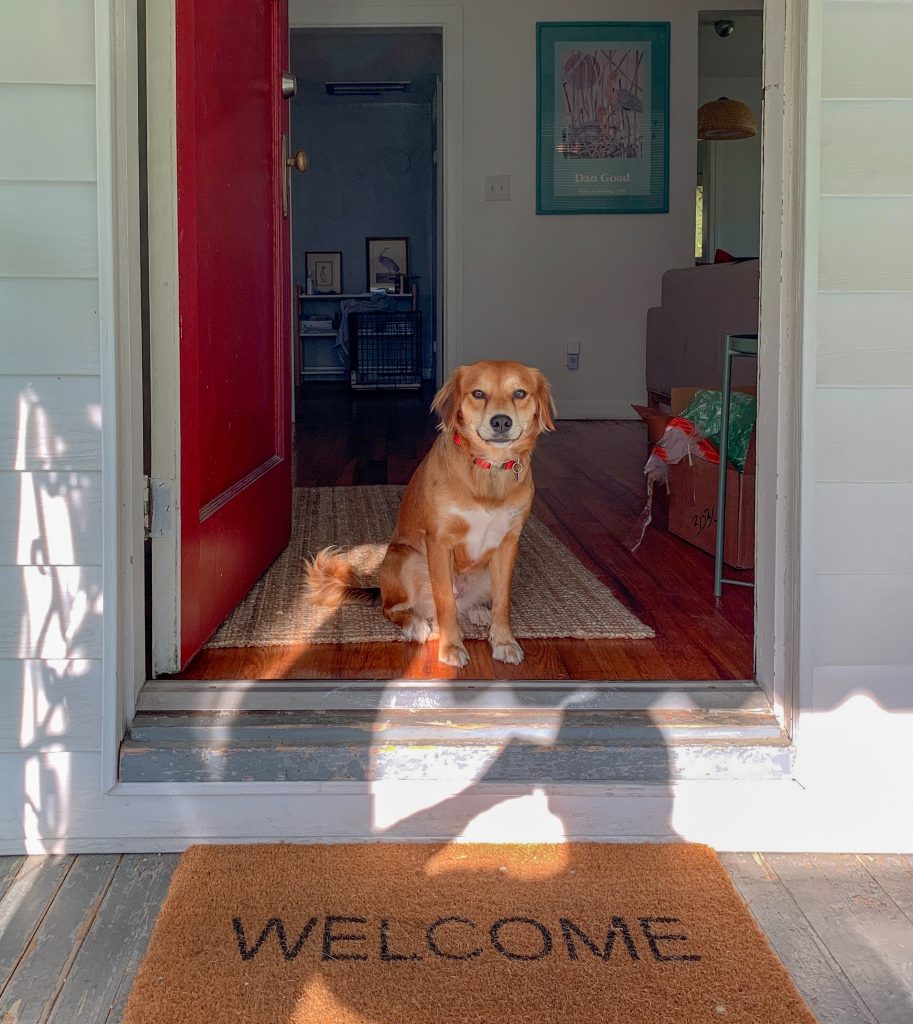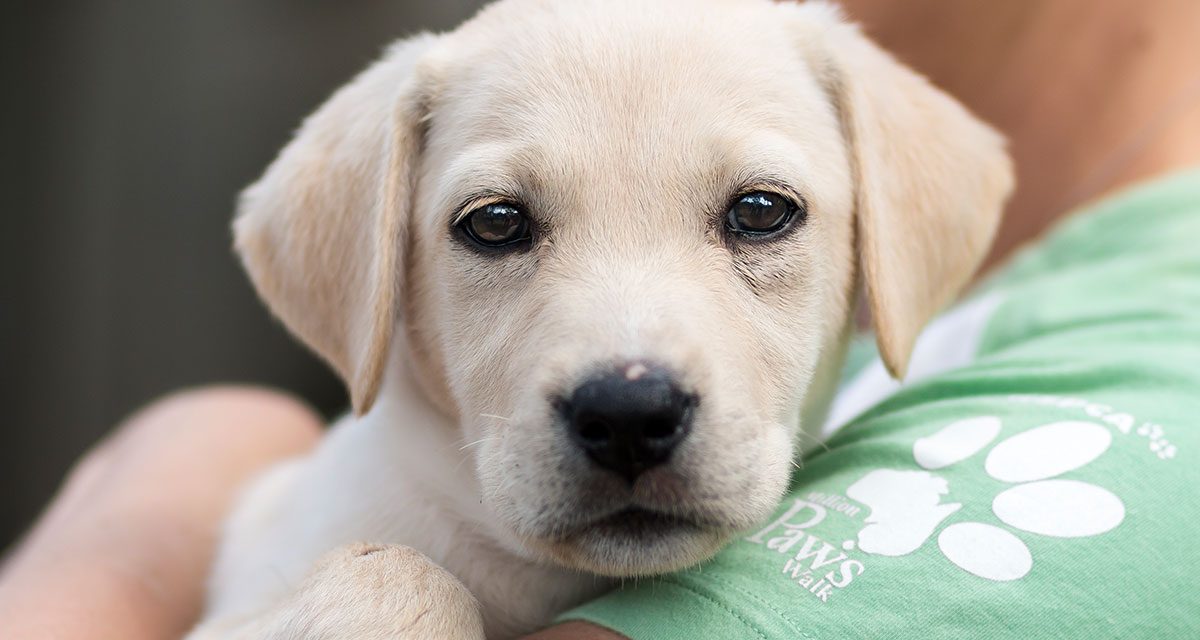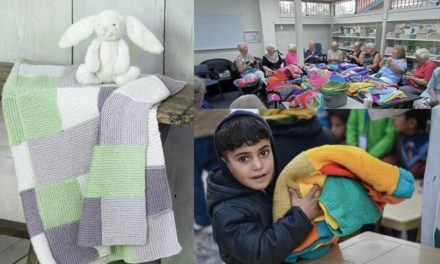Nicholas Grant
A silver lining in these troubling times, the RSPCA has reported a significant increase in rescue animal adoptions with over 600 dogs, cats, guinea pigs, birds and rabbits finding new homes throughout the month of March. With no current evidence suggesting that COVID-19 can be spread from animals to humans, it makes sense that more people are now inclined to find a fluffy companion to help them through what may be a difficult and lonely period of time. Furthermore, pet ownership has been consistently linked to improved reduced stress, protection from loneliness, and increased physical health, making it obvious to see why more people than ever are wanting an extra family member.
Despite the RSPCA closing public access to their shelters, the online Adopt-a-Pet system has seen great success. Online adoption assistants are there to help potential pet owners get matched with the perfect animal for their circumstances. “If you’re looking to adopt a Great Dane but live in a studio apartment, that won’t necessarily be a good fit,” acknowledged RSPCA spokesperson Kieran Watson. “But we will work with you to find the right pet.”
These online experts are also tasked with ensuring that animals are finding their forever homes with loving owners, and that they won’t be surrendered back to shelters once social isolation measures end. “Don’t just get a pet for entertainment during isolation. They make wonderful family members.”
The RSPCA has been proactive in clarifying the current laws surrounding COVID-19 and animal care. RSPCA CEO Richard Mussell expressed concern since there was nothing written in law which permitted a person to leave their home for the purposes of animal care. “Right now, animal owners can face police intervention and very heavy penalties,” he stated in an April press release. “Yet, they have a moral and legal obligation to look after the animals they own.”
In response, the Department of Primary Industries has clarified that it is always an owner’s responsibility to protect their animal’s welfare, and that leaving your home for the purposes of animal care will generally be allowed. “It is your responsibility to ensure animals in your care are provided with proper and sufficient food, water, shelter and veterinary treatment when necessary. If you own or care for animals, it is important to plan ahead.”













